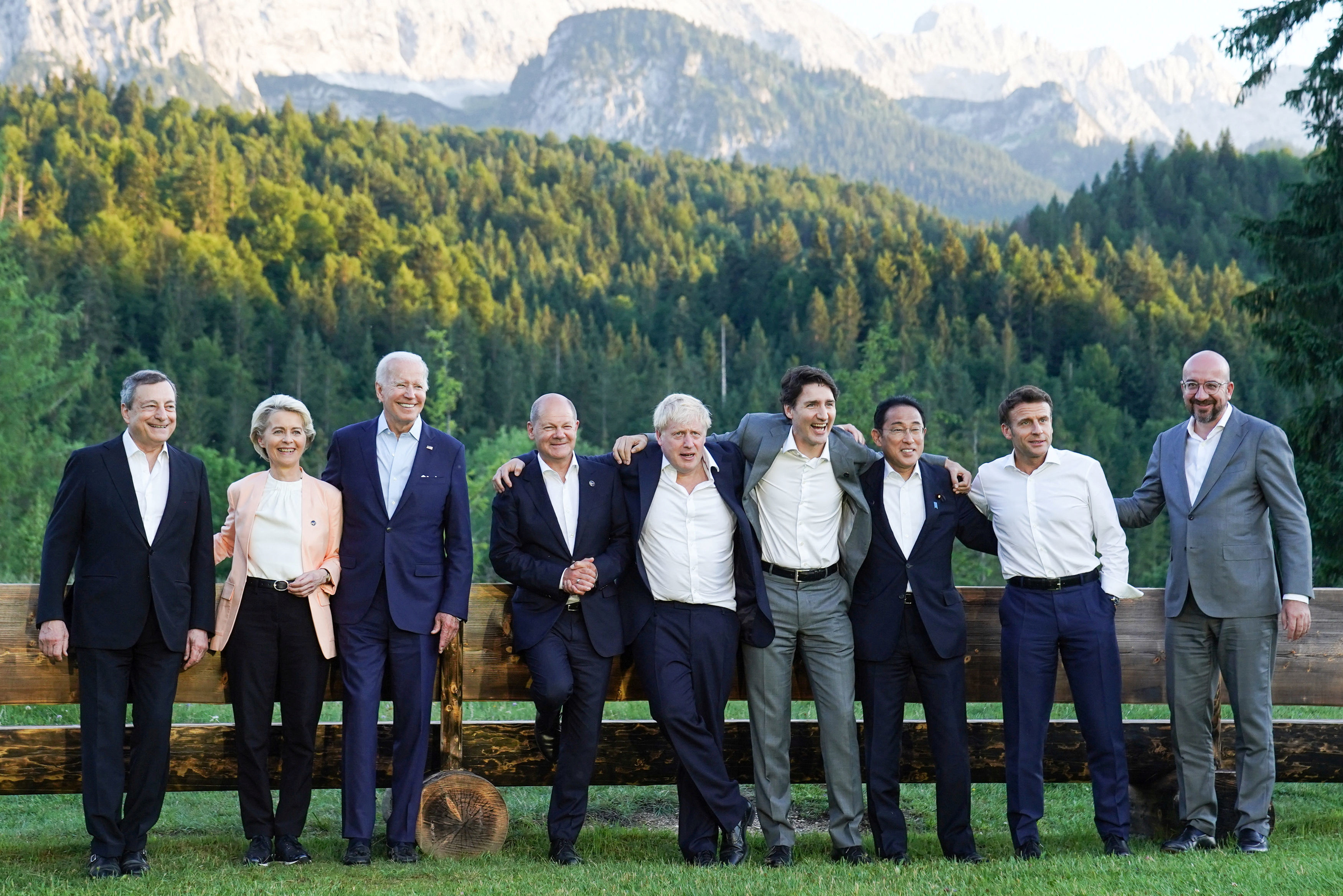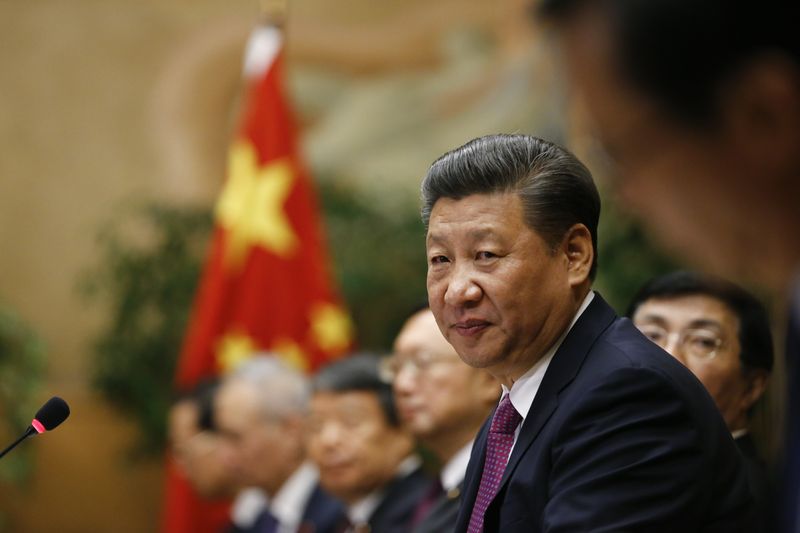US President Joe Biden announced Sunday a project to build an underwater fiber optic cable that will link Western Europe with Asia.as one of the star projects of the major infrastructure plan launched by the G7 to deal with the expansion of the Chinese regime.
The fiber optic cable will be 17,000 kilometers long and will provide a high-speed connection from Singapore to France, passing through Egypt and the Horn of Africa.
Biden explained in a joint press conference with other G7 leaders meeting in Elmau (Germany) that his government has supported “Successful bid by US company SubCom for a $600 million contract to build a global underwater telecommunications cable.”
“This is critical to responding to the growing demand for reliable security and high-tech connectivity in three major regions of the world,” the North American president said.
The submarine cable is one of the key projects of the “Collaboration for Global Infrastructure and Investment” initiative, promoted by Washington and announced this Sunday at the G7 summit (US, Germany, France, Italy, UK, Canada and Japan). ) to counter China’s advances.
The G7 intends to allocate $600,000 million to this major infrastructure plan in low- and middle-income countriesof which $200,000 million will be contributed by the United States through public and private funds over the next five years, Biden said.

The US president pointed out that investment in infrastructure is “critical” for sustainable development and for achieving “global stability”.
He added that developing countries often don’t have the infrastructure to help them deal with crises like pandemics, “so they feel the impact more intensely and are more difficult to recover from in a highly connected world.”
“This is not just a humanitarian issue,” he continued. This is an economic and security issue for all of us.”
Biden stressed that this plan focuses on in areas such as health and health security, digital connectivity, gender equality, climate and energy security.
Within the framework of the initiative, the United States wants to mobilize $335 million in investment to provide internet and financial technology to countries in Africa, Asia and Latin America.
Also, The White House has announced that it will provide, together with American company NuScale Power, 14 million to support a project in Romania for the construction of the first nuclear plant with a small modular reactor.that is, with a smaller generating capacity than traditional power plants.
The United States will also allocate funds to initiatives in Africa, such as a solar energy project in Angola or the creation of a vaccine factory in Senegal.
In general, among the pillars of the plan are combating the climate crisis and enhancing energy security by investing in low-emission infrastructure, battery manufacturing and clean energy development.

In the field of technology, he contemplates development and expansion of communication and information technology by cooperating with “trusted providers” providing 5G and 6GThe White House said in a statement.
It also includes investments in health systems, vaccines and medical equipment, as well as in surveillance and detection of new diseases, which includes “safe laboratories” and prevention of future pandemics.
The infrastructure macro plan was proposed by Biden at last year’s G7 summit, which took place in the UK.
This initiative wants to be an alternative to the Chinese project “One Belt, One Road” (Route, belt)which aims to revitalize what is known as the Silk Road by modernizing infrastructure and telecommunications to improve connectivity between Asia and Europe.
With information from EFE
Read on:

“Entrepreneur. Internet fanatic. Certified zombie scholar. Friendly troublemaker. Bacon expert.”

:quality(85)//cloudfront-us-east-1.images.arcpublishing.com/infobae/L3ZMXEVD6ALT3MUVT5OYOS25FQ.jpg)





